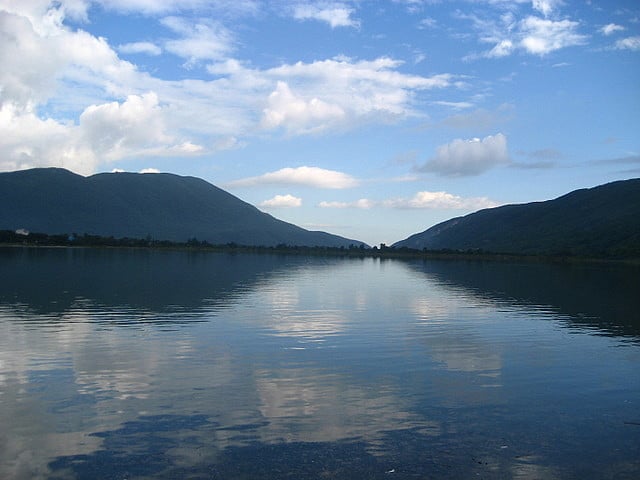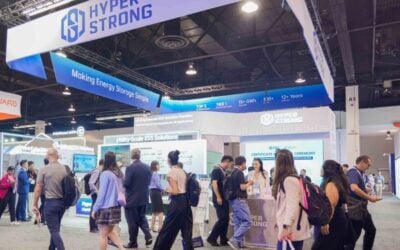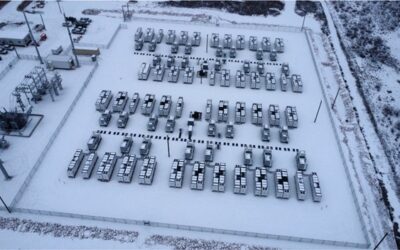
Jamaica has received proposals from a consortium of local and international companies to implement a proposed pumped hydro electric storage (PHES) project.
Prime minister Andrew Holness told the parliament last week that an ‘unsolicited’ proposal had been received to implement the project, which has not yet been approved by the government.
The pumped hydro project involves pumping desalinated seawater into elevated reservoirs using solar power, then feeding that water back down through a hydroelectric power turbine into downstream reservoirs for household use. The project is primarily being presented as a way to fix water shortages in some regions.
It is widely reported the power generation could be up to 200MWh annually and Holness said the project, along with other proposals, could increase Jamaica’s proportion of renewable electricity generation to 50% from 13% today.
Try Premium for just $1
- Full premium access for the first month at only $1
- Converts to an annual rate after 30 days unless cancelled
- Cancel anytime during the trial period
Premium Benefits
- Expert industry analysis and interviews
- Digital access to PV Tech Power journal
- Exclusive event discounts
Or get the full Premium subscription right away
Or continue reading this article for free
“The proposal is currently undergoing technical and due-diligence reviews. Subject to the satisfactory completion of those reviews, it is the intention of the Government to designated the project a Jamaica 60 National Development Project and enter into direct negotiations with the consortium, in order to fast-track its implementation,” he said, referring to this year being Jamaica’s 60th as an independent nation.
The country last made headlines in the energy storage world in 2019 when it commissioned a 24.5MW hybrid energy storage system comprising a lithium-ion battery energy storage system (BESS) as well as high-speed and low-speed flywheels, first announced in 2017.
That project is located next to a substation operated by Jamaica Public Service Company (JPS), the country’s sole electricity distributor, which called the wider microgrid project it is part of a “model for other countries in the Caribbean and beyond”.





